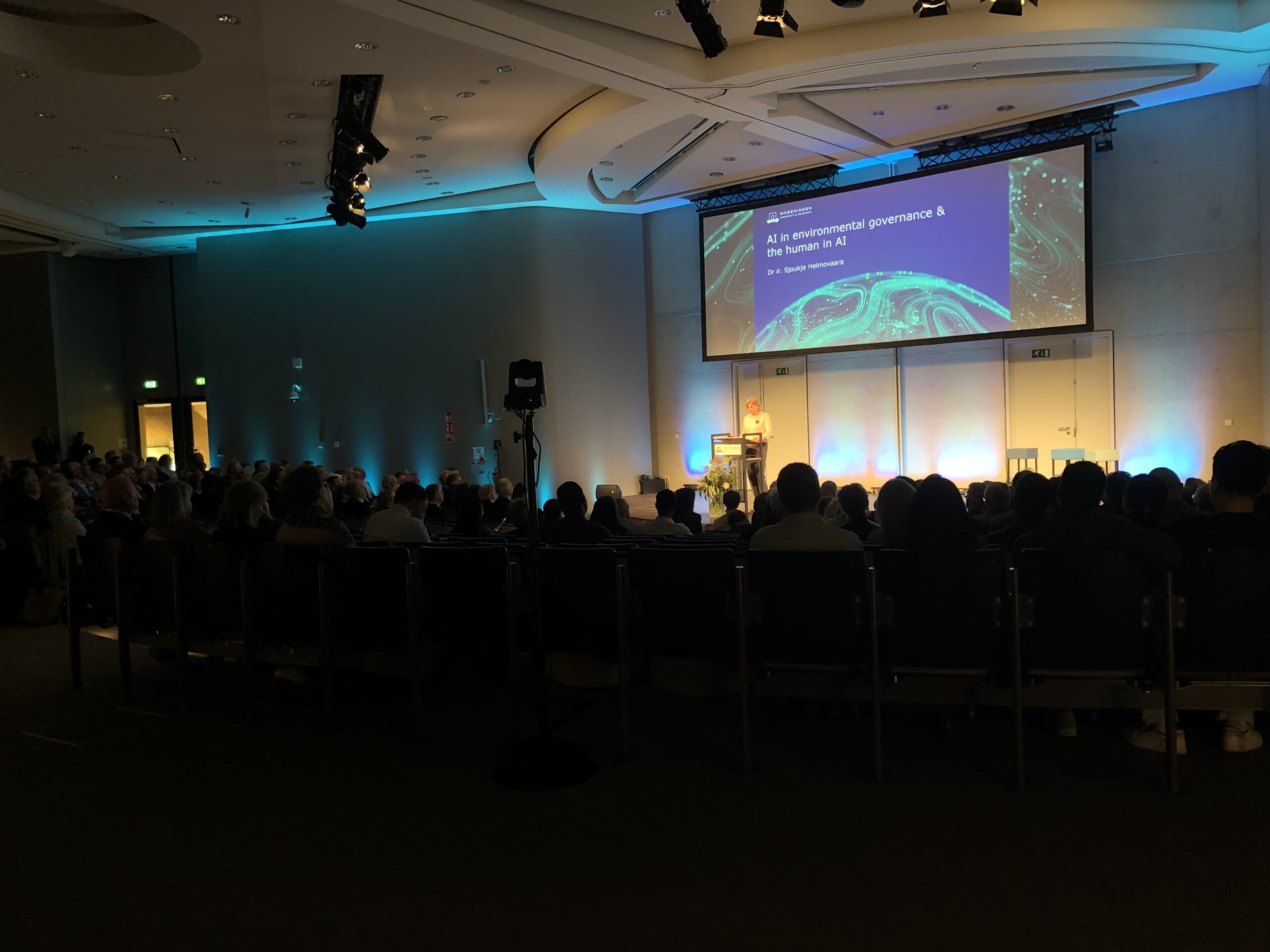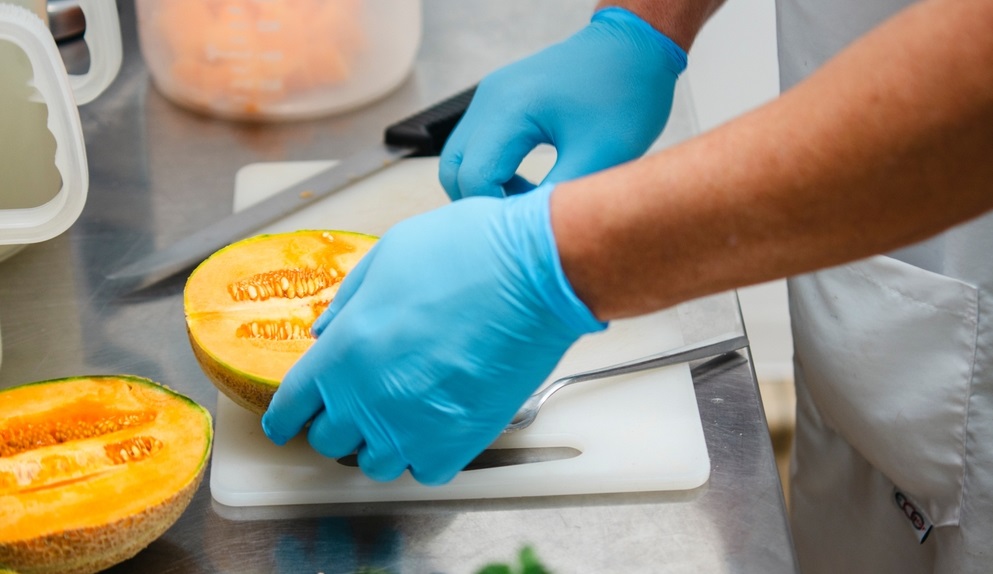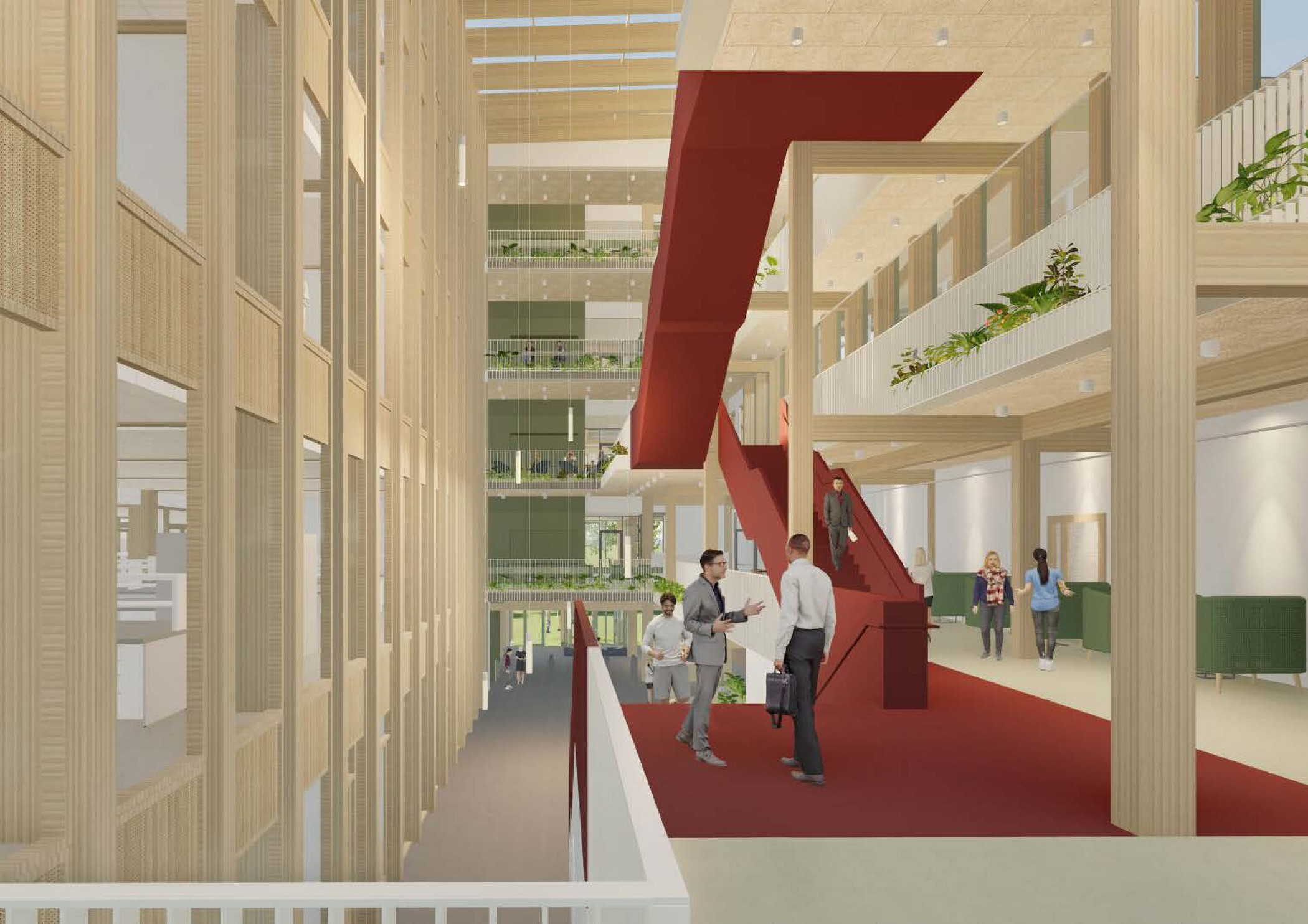The centre will take the physical form of a new building, to be erected in 2025 on what is currently the carpark next to Axis.
The new premises will house five chair groups: Microbiology, Systems & Synthetic Biology, Bioprocess Engineering, Toxicology and Host-Microbe Interactomics. They will be joined by the Bioconversion group of Food & Biobased Research and the Dutch Research Council programme UNLOCK.
The initiators behind WMC are professors of Microbiology Thijs Ettema and Hauke Smidt. WMC is the latest in a series of such institutes in the Netherlands. Leiden and the university hospitals of Utrecht, Amsterdam and Groningen all already have similar centres. However, they focus on studying how micro-organisms work in the human body. Also, these are virtual centres without their own building.
Wageningen’s research on micro-organisms is much broader than just human nutrition and health. Micro-organisms play a key role in animals, plants and the soil too. About 20 Wageningen groups in total do research on bacteria, viruses, archaea, fungi and micro-algae, whether individually or in combination.
Microflora Neerlandica
One of the aims of WMC is to compile a Microflora Neerlandica, a large collection of samples and the associated data on microbial communities that are found in the Netherlands. The idea is based on Flora Neerlandica, which documents the plant world of the Netherlands. Another aim is to combine knowledge on how to manage microbial communities.
The announcement of the plans for the new centre is no isolated development. The coming Dies Natalis is also all about microbiomes: its theme is From Globe to Gut: Unravelling the Microbiome. The guest speaker is Professor Nicole Dubillier, director of the Max Planck Institute for Marine Microbiology in Bremen. She studies cooperation between microbiomes in the deep oceans.

 Illustration Shutterstock
Illustration Shutterstock 

